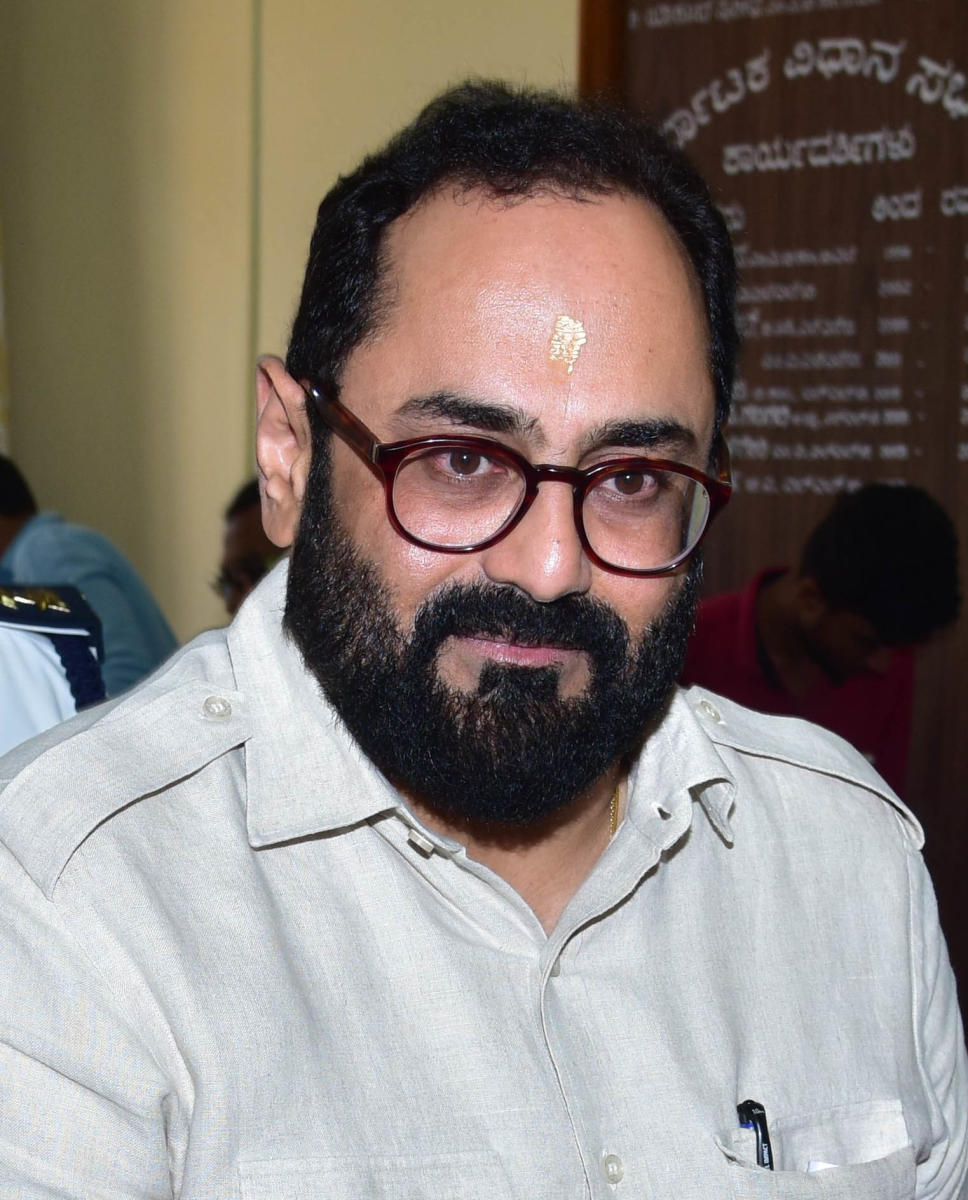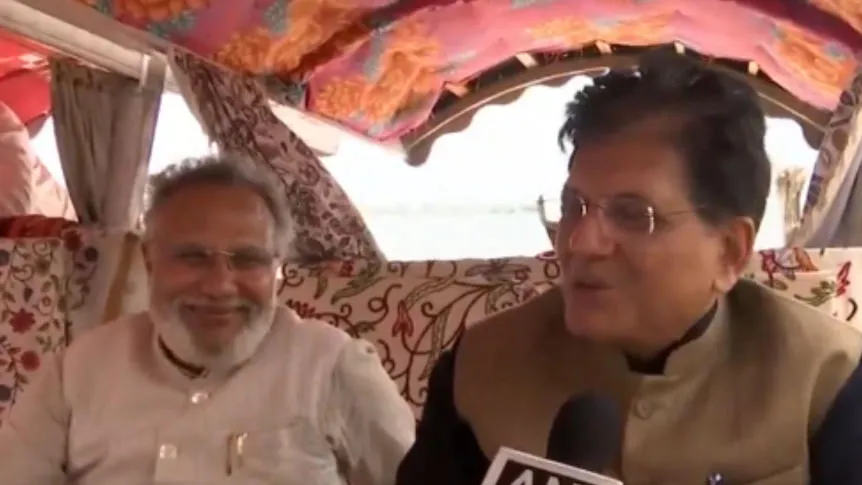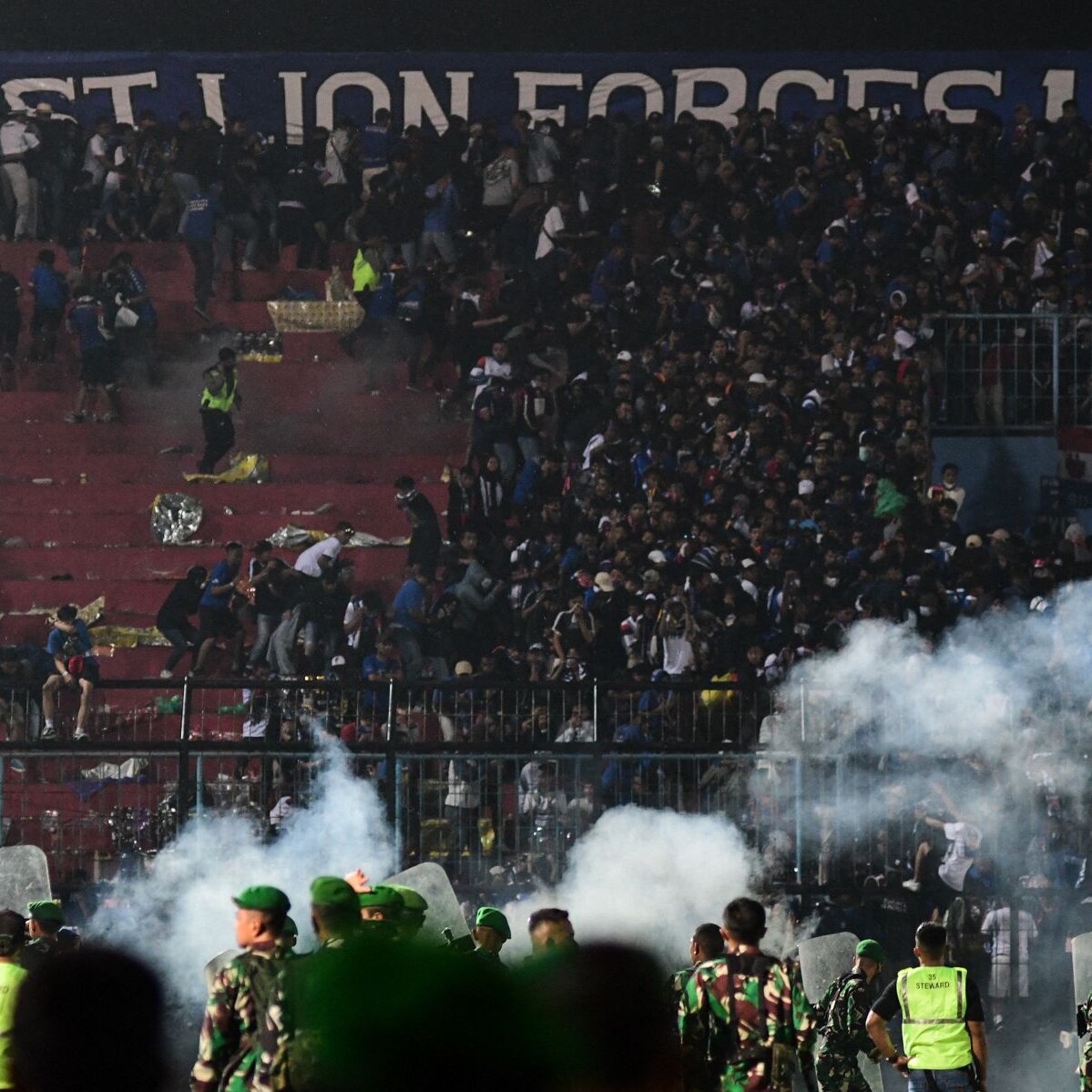NEW DELHI: The Indian National Congress is facing a critical juncture in West Bengal as it grapples with deepening challenges related to a leadership vacuum, ideological disorientation, and an eroding grassroots base. Once a formidable political force in the state, the party now struggles for relevance amid the ascent of regional giants and shifting electoral preferences.
Party insiders concede that the Congress currently lacks a coherent and unified strategy in the state. Despite nationwide efforts to reestablish its presence through alliances and outreach campaigns, the West Bengal unit remains deeply fragmented, suffering from a glaring disconnect between top leadership and grassroots cadres. “There is no clear roadmap, no strategic planning, and a poor understanding of the issues that actually matter to Bengal’s people,” admitted a senior Congress leader from the state on condition of anonymity. The party’s organisational fragility has been further exposed by its lacklustre performance in recent elections, where it failed to leave a mark even in its traditional strongholds.
At the local level, party workers have expressed frustration over being ignored, with many district units functioning in name only—bereft of activity, guidance, or leadership. The ongoing exodus of senior Congress leaders has compounded the party’s woes. Several prominent figures have switched allegiance to the ruling Trinamool Congress. Most notably, former Congress MP Shankar Malakar recently joined the TMC and was swiftly elevated to the position of State Committee Vice President. Upon his induction, Malakar remarked, “The Congress today lacks direction and grassroots connection in Bengal. As an Opposition leader, I felt I could do little for the people and was growing increasingly alienated from them.”
The 70-year-old leader also criticised the State Congress leadership for lacking initiative and the central leadership for adopting a lenient approach toward rival parties in Bengal. Malakar, a two-time MLA from the Matigara-Naxalbari Assembly seat (2011 and 2016), holds significant influence as a prominent Scheduled Caste leader. Political analysts believe his shift to the TMC will bolster the party’s influence in north Bengal, particularly in constituencies like Matigara-Naxalbari, currently held by the BJP. His departure prompted a public expression of regret from former State Congress president Adhir Ranjan Chowdhury, who said he was deeply saddened by Malakar’s decision.
Political experts attribute Congress’s downfall in Bengal to a combination of interrelated factors: the aggressive expansion of the TMC under Mamata Banerjee, the BJP’s steady consolidation of its voter base, and the Congress party’s chronic failure to adapt its leadership style or political messaging to the evolving dynamics of the state. While broader alliances such as the I.N.D.I.A bloc have created an opportunity for collaboration, the Congress’s diminished electoral significance has rendered it a marginal player within such formations. Although the party has attempted to revive public engagement through initiatives like padyatras (foot marches), press interactions, and block-level meetings, these efforts have largely failed to strike a chord with the electorate or gain substantial media traction.
“The Congress has lost its emotional connect with the people,” observed one political analyst. “Its presence in Bengal today is not just weak—it is barely visible and increasingly irrelevant.” With Bengal gearing up for the next Assembly elections, the Congress faces a pressing need for internal reforms. This includes asserting strong, state-specific leadership, addressing local issues with sincerity, and revitalising grassroots activism. Absent a bold and immediate transformation, the party’s rich





















